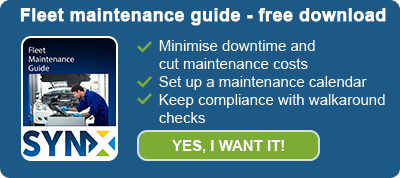Fleet managers were originally individuals working for companies, which, in some way, depended upon vehicles, and therefore responsible for these vehicles and how they were put to use. They were mainly in charge of vehicle maintenance rather than the varied kinds of tasks that, today, apply more to a general description of who a fleet manager is.
Rather than confined to the vehicle depot, taking care of servicing or carrying out maintenance checks, fleet managers, these days, have other requirements. Their job can now be expected to include tasks such as
managing fuel efficiency, ensuring licensing is maintained, overseeing the
safety of workers, and communicating with drivers. So it is fair to say that the responsibilities of a fleet manager have grown, and their necessary
skill set has expanded accordingly.
Fleet managers, of today, should have the managerial skills and business experience to make the kinds of decisions that bring out the best performance from a company, at the lowest cost possible. This might include exploring different solutions from the ones traditionally used by companies involved in driving and transportation, and acquiring better knowledge of their market segment.
Solutions such as:
• the implementation of telematics products
• purchasing new or used vehicles though auction or wholesale, or, rather, using outsourcing by lease or a third party company (making sure there is proper integration of that company with the client one)
• the adoption of
maintenance management and risk management programs.
As most of these types of decisions can be made with the implementation of telematics or technological solutions, some discussion has begun as to whether, at some future point, the fleet manager could actually be replaced by technological solutions.
But a fleet manager has to be a good communicator, having to personally liaise with drivers and other company colleagues. He or she needs to be familiar with creating policies on safety, driving, the use of mobile phones, and the various tools needed to get the job done. And, so it happens for all jobs, for all industries, the fleet management role is constantly evolving and will not always stick to the traditional responsibilities.
Technology is not really likely to eradicate the position, but rather it will offer help performing certain tasks, therefore making fleet managers able to more efficiently schedule their time, and focus on the important tasks that cannot be automated and on the decisions that cannot be computed.

